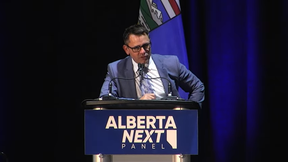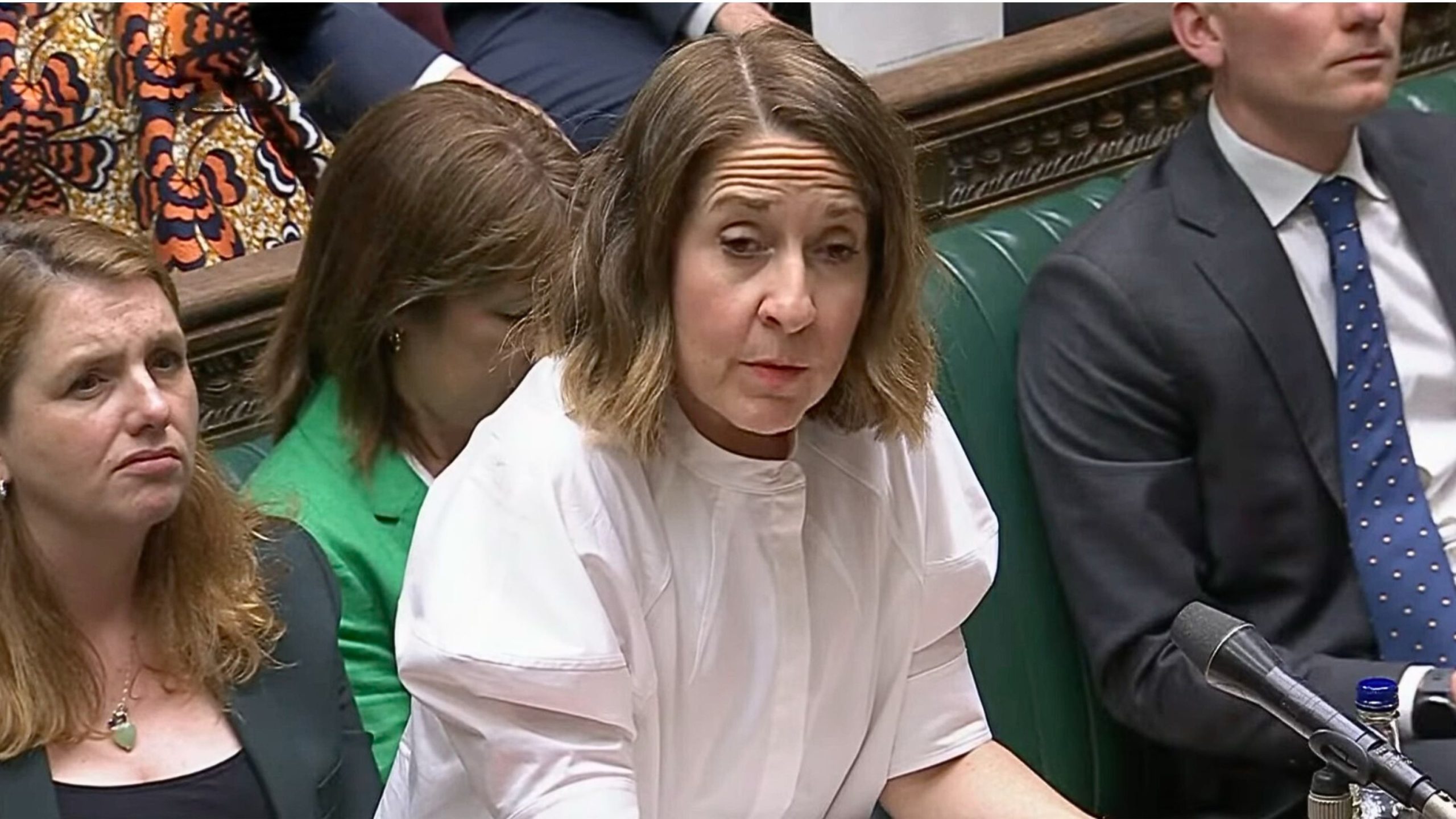Article content
“Bill C-8 would empower the federal government to secretly order telecom providers “to do anything or refrain from doing anything,” with no limits that would prevent such orders from being used to impose surveillance obligations on private companies, and to weaken encryption standards,” reads a critique published last week by the Canadian Civil Liberties Association.
Article content
Bill C-8 comes despite a long track record of Liberal government statements slamming government controls on internet access, deeming them an active threat to human rights.
Article content
Canada was a founding member of the Freedom Online Coalition, an international body dedicated to maintaining free and open access to the online sphere. As such, Canada has frequently signed onto joint statements decrying state control over the internet.
Article content
In 2019, for instance, Canada signed onto an FOC joint statement decrying “shrinking civic and democratic spaces online as a result of State-sponsored obstruction of free expression, peaceful assembly, and free association.”
Article content
Article content
It was just three years ago that the Liberal government released an info sheet declaring “the rights and freedoms that individuals have offline must also be protected online.”
Article content
“Canada is committed to working with international partners to protect Internet freedom, including the rights to online freedom of expression, association and peaceful assembly,” it read.
Article content
Bill C-8 is only the latest in a slew of Liberal-championed bills introducing new controls on the Canadian internet.
Article content
The Online News Act, made law in 2023, requires social media companies to compensate news outlets for any links shared on their platforms. One of the most visible impacts of the act being that Facebook simply banned the sharing of news links altogether.
Article content
The Online Streaming Act, made law around the same time, extended Canadian content controls to much of the Canadian internet. Everything from YouTube to Netflix to Canadian podcasts is now subject to federal regulations on what content qualifies as Canadian, and how it should be artificially promoted above non-Canadian offerings.
Article content
Article content
Currently, there is no mechanism by which a private citizen could have their internet services pulled by government order.
Article content
The closest analogue would probably be bail conditions under which accused criminals can be ordered not to posses a “device capable of accessing the internet.”
Article content
Article content
IN OTHER NEWS
Article content
Article content

Article content
Article content
It may be hard to remember, but the standards for a political scandal in Canada were once so low that it could become a term-defying disgrace for a member of the prime minister’s office to personally cover the spending overruns of a wayward senator. That’s what Nigel Wright, chief of staff to then prime minister Stephen Harper, did in 2013 when he personally paid off $90,000 worth of expenses charged by then Conservative-appointed senator Mike Duffy. Wright, who lost his job over the matter, just died at age 62 of unspecified causes.
Article content
First Reading is a Canadian politics newsletter curated by the National Post’s own Tristin Hopper. To get an early version sent directly to your inbox, sign up here.
Article content
.png)




